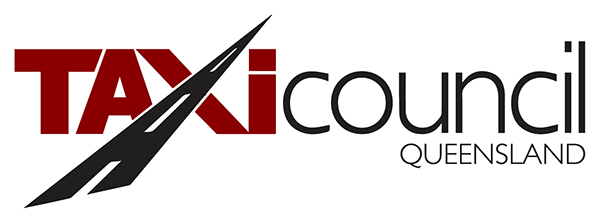Media release
February 08, 2019
Last on the road and the first back on, taxis have rallied together to support the residents of Townsville in their effort to recover from the devastating floods. The Taxi Council of Queensland (TCQ) is proud of the industry’s incredible service it is providing to the community before, during and now as the water recedes.
TCQ CEO Blair Davies has praised Townsville taxis for their unending effort in ensuring locals could travel safely.
“In regional areas across Queensland, there are lots of people who rely on taxis as an essential part of their daily lives. Our number one priority has always been passenger safety and our cabbies can be relied on to pitch in and help out during times of crisis, ensuring everyone gets to where they need to be,” he said.
“Taxis were the last transport service to stop in the lead up to the flood closures and the first to restart after roads opened. As the rain and flooding abate, our cabbies have been quick to get back on the road to ensure their passengers get to their destination safely.”
General Manager of Townsville Taxis, Angela Rheeders, says there are numerous unsung heroes in the community who have gone above and beyond to assist in the town’s recovery.
“Even though our drivers, admin staff and operators are all preoccupied with the impacts to their own lives, we’ve had employees happily give up their time to come into work to make sure our community is able to get to where they need to be,” Ms Rheeders said.
“Our call centre operators were wading through knee deep water to get into the building to clean up and make sure we can book jobs for our drivers to help transport people around – that’s the kind of commitment everyone can expect from our industry.
“Our drivers worked right up until the airport and roads were closed to ensure travellers got out safely. Every little bit helps during challenging times like these and when taxis are called on to provide their service, we answer.”
Townsville Taxis have even sponsored free trips for community members who can’t afford the trip to the evacuation centres.
“Our drivers have gone above and beyond including getting family pets and children to safety,” Ms Rheeders continued.
“One of our drivers picked up a passenger with sight impairment from the outer suburbs, taking him to the bank and even stayed with him the entire journey to make sure he got what he needed done and was able to get home safely. There are so many unsung heroes in our town, and in many ways this flood has brought our community closer together.”
Mr Davies believes the invaluable connection between taxis and their local communities is one that should not be taken for granted.
“Queensland’s taxi service rates amongst the best in the world and to see this in action during times when our communities are facing crisis, is one of the many reasons why I encourage everyone to support our great drivers and operators – helping to keep local taxi businesses viable means they will still be around when you need them the most,” said Mr Davies. “Queensland taxis provide absolutely crucial transport services in regional Queensland, and our industry will continue to raise our hands to support and help wherever we’re needed.”
ENDS
